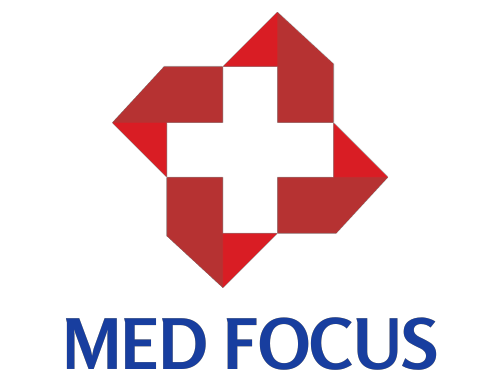In the evolving landscape of healthcare, there's a growing recognition of the pivotal role nutrition plays in overall well-being. To equip future physicians with a holistic understanding of health, medical schools are increasingly integrating culinary medicine into their curricula. Culinary medicine combines the art of cooking with the science of medicine, providing medical students with a unique perspective on the relationship between nutrition and health.

Understanding Culinary Medicine
Culinary medicine is an innovative approach that emphasizes the importance of nutrition and lifestyle factors in preventing and managing chronic diseases. By integrating practical cooking skills into medical education, students gain firsthand knowledge of how dietary choices impact health outcomes. This approach goes beyond traditional nutrition education, fostering a deeper connection between physicians and the nutritional needs of their patients.
Practical Cooking Skills for Future Physicians
One of the key components of culinary medicine is the development of practical cooking skills among medical students. From understanding the basics of nutrition to learning how to prepare healthy and balanced meals, these skills empower future physicians to not only advise their patients on dietary choices but also to lead by example.

Impact on Patient Care
The integration of culinary medicine into medical school curricula has a direct impact on patient care. Physicians with a solid foundation in nutrition can better counsel their patients on dietary modifications to manage conditions such as diabetes, hypertension, and obesity. This proactive approach to healthcare addresses the root causes of many chronic diseases, promoting long-term well-being.
Promoting Preventive Medicine
Culinary medicine aligns with the principles of preventive medicine. By educating medical students on the role of nutrition in preventing diseases, medical schools contribute to a paradigm shift toward proactive healthcare. Future physicians equipped with culinary medicine knowledge can inspire lifestyle changes in their patients, ultimately reducing the burden of preventable illnesses.

Interdisciplinary Collaboration
Culinary medicine encourages interdisciplinary collaboration between medical professionals, dietitians, and chefs. Medical students gain exposure to diverse perspectives, fostering a team-based approach to patient care. This collaboration emphasizes that effective healthcare involves not only medical interventions but also lifestyle and dietary considerations.
As medical schools embrace the concept of culinary medicine, they are nurturing a new generation of physicians who understand the profound impact of nutrition on health. By integrating practical cooking skills, emphasizing preventive medicine, and fostering interdisciplinary collaboration, medical education is evolving to meet the holistic needs of patients. Culinary medicine represents a powerful tool in the medical profession's arsenal, empowering physicians to address health challenges at their roots and championing a future of wellness and preventive care.

